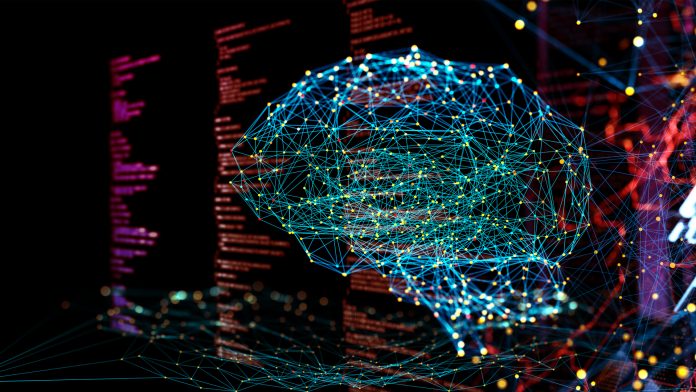Researchers have determined that machine learning could be key to slowing down the spread of infection during future pandemics.
Scientists at the University of Gothenburg have explored ways machine learning can be used to find effective testing methods during pandemics which could help control outbreaks.
In the study, the team developed a technique to enhance approaches to testing during epidemic outbreaks and with relatively limited information, be able to predict which individuals offer the best potential for testing.
Laura Natali, a doctoral student in physics at the University of Gothenburg and the lead author of the study, commented: “This can be a first step towards society gaining better control of future major outbreaks and reduce the need to shutdown society.”
Machine learning is an application of Artificial Intelligence (AI) where computers are taught to see connections and solve problems using different data sets.
The research team used machine learning in a simulation of a pandemic outbreak, where data about the first confirmed cases was used to approximate infections in the rest of the population. Data about the infected individual’s network of contacts and other information was used, such as who they have been in close contact with, where, and for how long.
“In the study, the outbreak can quickly be brought under control when the method is used, while random testing leads to uncontrolled spread of the outbreak with many more infected individuals. Under real world conditions, information can be added, such as demographic data, age, and health-related conditions, which can improve the method’s effectiveness even more. The same method can also be used to prevent reinfections in the population if immunity after the disease is only temporary,” explained Natali.
The researchers highlighted that their study was a simulation and in order to improve the technique, testing with real data is essential. As a result, it would be premature to use it for the current COVID-19 pandemic.
However, the results of the study are a good first step towards implementing more targeted initiatives to reduce the spread of infections, as the machine learning-based testing strategy automatically adapts to the specific characteristics of diseases.
As an example, Natali refers to the potential to easily predict if a specific age group should be tested or if a limited geographic area is a risk zone, such as a school, a community, or a specific neighbourhood.
“When a large outbreak has begun, it is important to quickly and effectively identify infectious individuals. In random testing, there is a significant risk failing to achieve this, but with a more goal-oriented testing strategy we can find more infected individuals and thereby also gain the necessary information to decrease the spread of infection. We show that machine learning can be used to develop this type of testing strategy,” she said.
This study is one of the first to examine how machine learning can be applied to mitigate pandemics, and in particular, it is one of only a few that have had a clear focus on finding the best testing strategy.
Natali concluded: “We show that it is possible to use relatively simple and limited information to make predictions of who would be most beneficial to test. This allows better use of available testing resources.”









